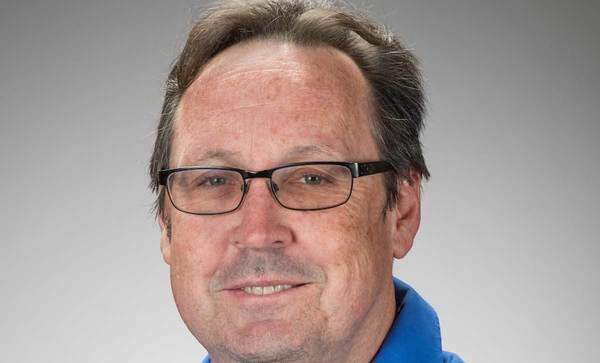
Previous studies have shown that a lack of resources stifles innovation — that people in the U.S. and around the world who live in resource-scarce environments are unable to be innovative and make an impact.
But new research from the University of Notre Dame argues that people who live in extremely resource poor environments can also be highly innovative in a different way and provide benefits to a range of people through creative problem solving.
“The Surprising Duality of Jugaad: Low Firm Growth and High Inclusive Growth” is forthcoming in the Journal of Management Studies by Dean Shepherd, the Siegfried Professor of Entrepreneurship in Notre Dame’s Mendoza College of Business, along with Vinit Parida and Joakim Wincent of Lulea University of Technology in Sweden.
The study shows that although Western theories on creativity emphasize the importance of access to resources and the generation of innovations as a source of sustainable competitive advantage for firms, it’s a different case in resource-poor environments of the east. There, entrepreneurs rely on “jugaad,” a Hindi word that roughly translates to “hack.”
Jugaad means finding a low-cost, intelligent solution to a problem by thinking constructively and differently about innovation and strategy. And while the solution may not offer a competitive advantage for a firm, as is typical in Western practices, it does benefit the person, the community and the industry as a whole.
Through a case study of 12 problem solvers in the highly resource-poor environment of rural India, the researchers examine the impact of jugaad, which relies on assertive defiance (unwillingness to accept constraints on resources, thinking or behavior) for engaging trial-and-error experiential learning to utilize available resources for new purposes, resulting in frugal, quick-fix solutions.
“Dismissing this form of innovation because it does not benefit the single organization is to miss its larger impact, which is called inclusive growth,” Shepherd says, “because it looks more broadly at who benefits — the benefit generation is more inclusive. It’s a process of innovation that people in resource-poor environments can use to impact their lives and the lives of those in their community.”
“They can be innovative by combining and recombining available resources into unique bundles,” he says. “For example, by using machinery parts for purposes for which they were not originally designed and a process of trial and error until a problem is satisfactorily solved.”
Shepherd and his team spoke with an innovator who created a natural water cooler, which channels water through copper coils covered in cotton cloth continually moistened by a dripper. Evaporation of water from the cloth on the coils cools the water inside, making it suitable for use in schools, hospitals and elsewhere.
Another entrepreneur created an economical gas-based water pump that uses a moped engine to lift water and rigged a lamp to a gas stove for use during power failures.
“These types of innovation are possible in any place or situation where people find themselves without resources,” Shepherd says. “This could include the developing world, but also poor regions in the developed world. During disasters that strip away resources, it is likely those who are accustomed to being innovative with little available are the ones that already have the skills and mindset best suited for the innovations necessary to survive in the aftermath of a disaster. They have become resilient.”
An example of this kind of innovative effort occurred in the aftermath of the 2010 Haiti earthquake, which was a focus of Shepherd’s previous research with Trenton Williams.
“People came together to create ventures that performed a range of tasks to help the community, including organizing locals for searching for food, water and shelter; for search and rescue, providing medical treatment and burying the dead,” Shepherd says. “They also created tent cities or other forms of temporary housing and provided both security and law enforcement.”
“In the longer term, some of these ventures turned their attention to lobbying the government for resources, transitioned people back into their homes or more permanent housing structures, created employment agencies to help people find paid work and offered psychological services. The initial focus of the ventures was on keeping people alive or burying the dead, and later some evolved to help the families transition to a more sustainable and self-fulfilling life.”
A research leader in the field of entrepreneurship, Shepherd specializes in entrepreneurial cognitions, new venture strategy, opportunity recognition and learning from failure. He has written or edited more than 20 books.
Contact: Dean Shepherd, 574-631-0801 or dshephe1@nd.edu
Originally published by at news.nd.edu on September 28, 2017.